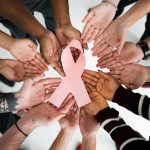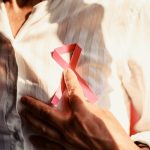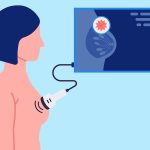Surgery may be avoidable for some invasive breast cancer cases, study finds
New research from The University of Texas MD Anderson Cancer Center suggests that some women with early-stage breast cancer may not need surgery if...
One in three breast cancers may be missed by screening
A large new study by researchers at Karolinska Institutet in Sweden has revealed that nearly one-third of breast cancer cases are not detected during...
Exercise could help prevent breast cancer from coming back, study finds
A new study from Edith Cowan University (ECU) in Australia suggests that exercise may help reduce the risk of breast cancer coming back.
Led by...
Breast cancer treatment may lead to long-term breast shrinkage, study finds
A new study has found that breast-conserving therapy (BCT)—a common treatment for early-stage breast cancer—can lead to significant breast shrinkage over time, especially when...
More steps, less sitting can help cancer survivors live longer
A new study suggests that moving more and sitting less can help older women who have survived cancer live longer and reduce their risk...
Diabetes strongly linked to aggressive breast cancer
More than 120 million Americans live with diabetes or pre-diabetes, and researchers have now discovered that this condition may make an aggressive form of...
Stress may worsen immune response in women with breast cancer
A new study has found that stress can negatively affect the immune system in women with breast cancer, both throughout the body and within...
Diabetes can make aggressive breast cancer even worse, study finds
A new study has revealed how diabetes can make the most aggressive form of breast cancer even more deadly, especially for patients at risk...
Cold therapy can protect breast cancer patients from nerve pain
A new study led by a researcher from George Washington University Cancer Center has found that cold therapy can help breast cancer patients avoid...
New AI imaging tech could improve breast cancer detection and treatment
A new imaging technology developed at the University of Waterloo could improve how doctors detect and treat breast cancer by making cancerous tissue stand...










